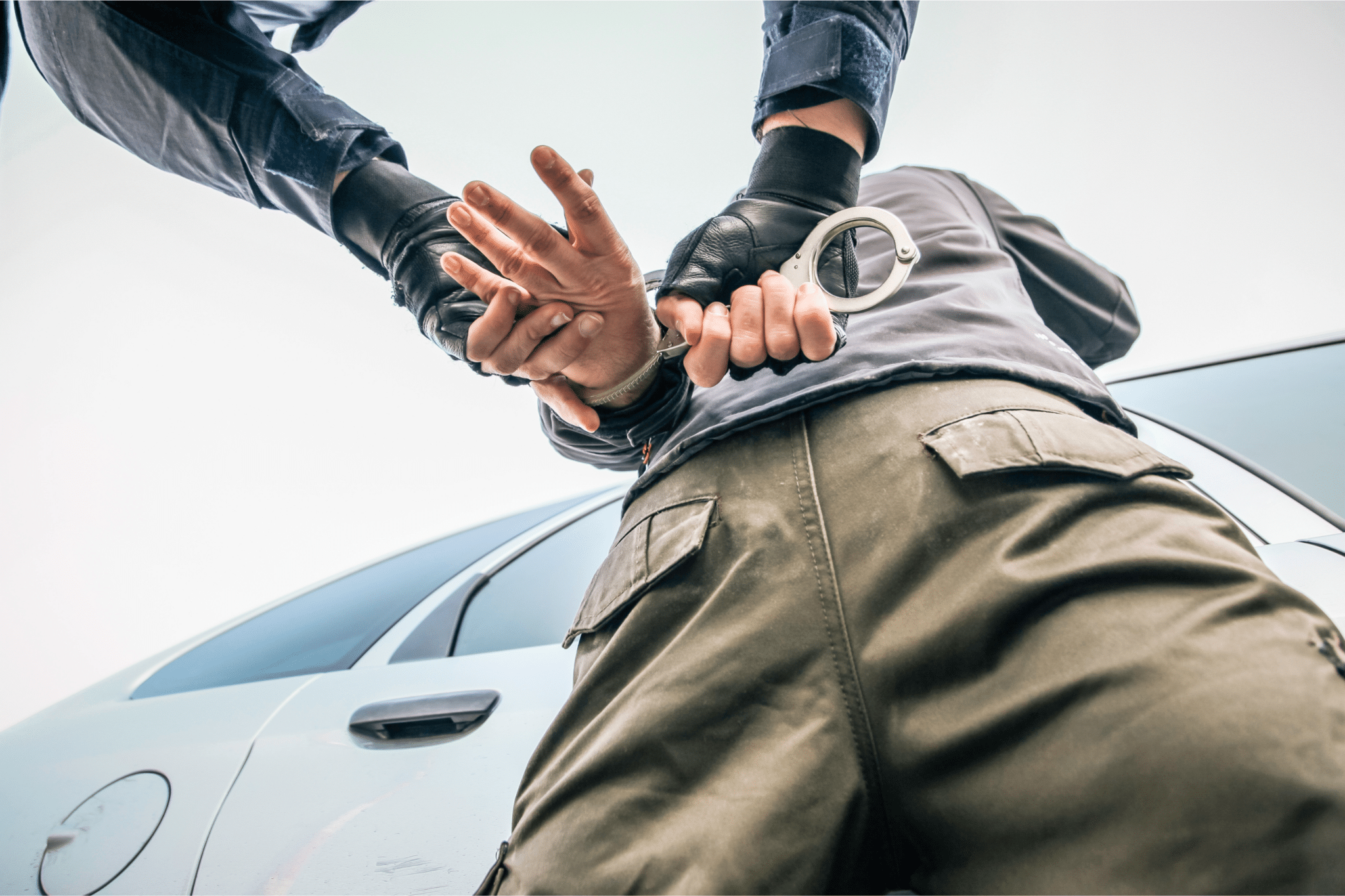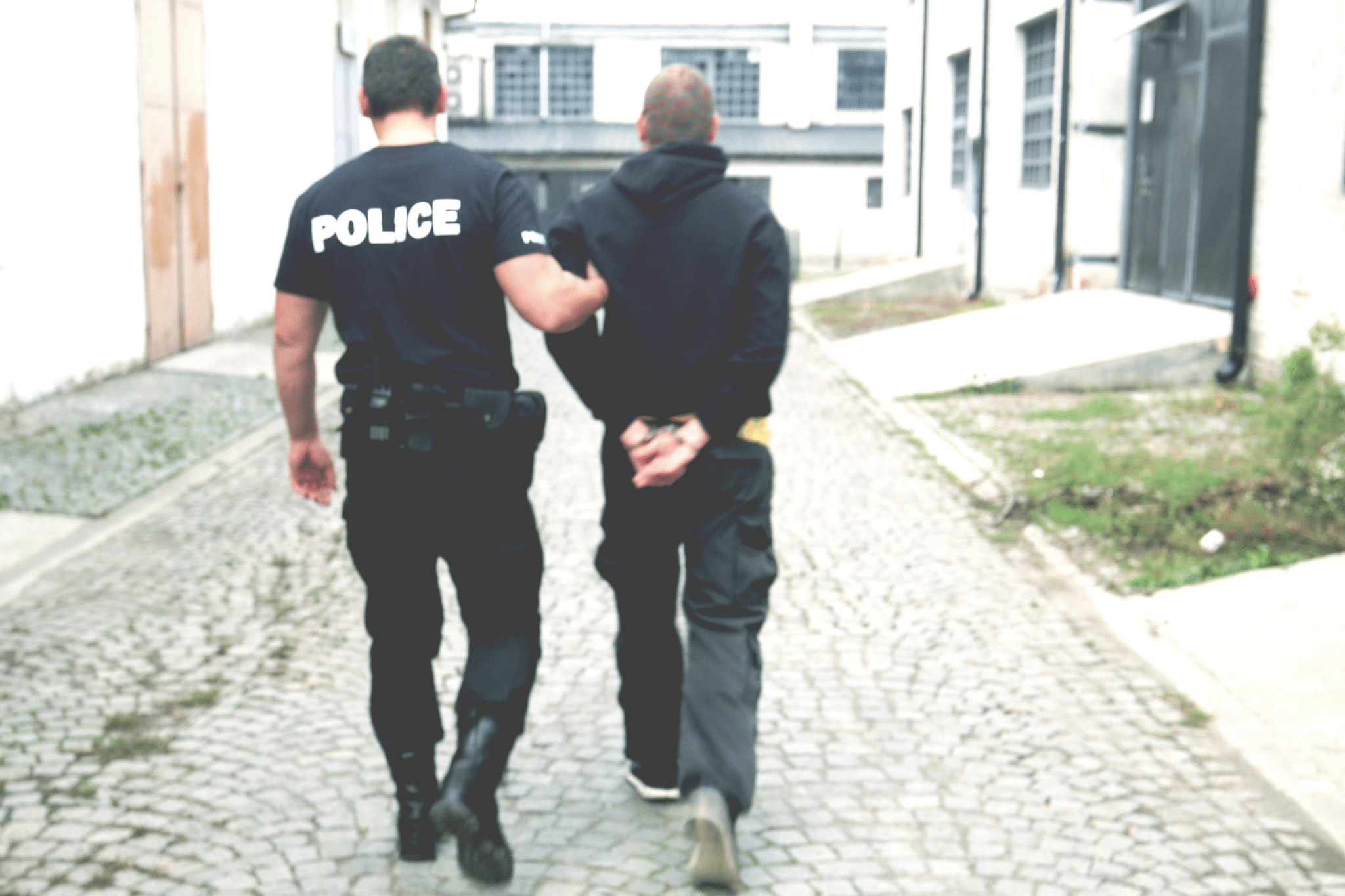Dos & Don’ts of Interacting with Law Enforcement in Chicago
In a city as diverse and dynamic as Chicago, encounters with law enforcement can happen to anyone, anytime. Knowing how to navigate these interactions is crucial not only to protect your rights but also to reduce the risk of facing resisting arrest charges or other legal troubles. As criminal lawyers in Chicago, we’re here to provide you with practical advice on the dos and don’ts of interacting with law enforcement in the Windy City.
Dos:
Remain Calm and Respectful: The most important thing to remember when interacting with law enforcement is to stay calm and respectful. Treat officers with politeness and courtesy, even if you believe you’re being treated unfairly. Your demeanor can go a long way in defusing a potentially tense situation.
Keep Your Hands Visible: Always keep your hands in plain sight. Law enforcement officers are trained to be cautious, and sudden movements can be misinterpreted as a threat. This simple act can help prevent misunderstandings.
Provide Identification When Asked: If an officer asks for your identification, provide it. In Chicago, you are required to carry a government-issued photo ID, such as a driver’s license or state ID card, if you’re 18 years or older. Failing to produce your identification can lead to unnecessary complications.
Exercise Your Right to Remain Silent: You have the right to remain silent, and you should use it. Politely inform the officer that you wish to remain silent. This can prevent you from saying something that may be used against you in court. Anything you say can and will be used against you, so exercise caution.
Request an Attorney: If you are detained or arrested, ask for an attorney immediately. You have the right to legal counsel, and it’s in your best interest to have a lawyer present during any questioning or interactions with law enforcement. This is one of your fundamental rights under the Constitution.
Document the Interaction: If it’s safe to do so, consider recording the interaction with your smartphone. In Chicago, it’s legal to record police officers in public places as long as you don’t interfere with their duties. This can provide valuable evidence if any disputes or legal issues arise.
Know Your Rights: Familiarize yourself with your constitutional rights, including the Fourth Amendment (protection against unreasonable searches and seizures) and the Fifth Amendment (right to remain silent). Being informed empowers you to protect yourself.
Don’ts:
Don’t Physically Resist Arrest: Resisting arrest is a serious crime in Chicago, and it can escalate a minor situation into a major legal problem. If you believe you’re being arrested unjustly, comply with the officer’s instructions and address the issue later with the help of an attorney.
Don’t Argue or Challenge the Officer on the Scene: While you have the right to question an officer’s actions, doing so in a confrontational or aggressive manner can make matters worse. Wait for the appropriate time and place, such as a courtroom, to address any concerns you may have.
Don’t Give False Information: Providing false identification or making false statements to law enforcement can result in criminal charges. Be honest and provide accurate information when asked for identification or other details.
Don’t Consent to Searches Without a Warrant: Under the Fourth Amendment, you have the right to be free from unreasonable searches and seizures. If an officer asks for your consent to search your property, you can politely decline. If they have a warrant, they will search without your consent, but it’s essential to protect your rights.
Don’t Engage in Unlawful Activities: Avoid engaging in any unlawful activities that may attract the attention of law enforcement in the first place. This includes illegal drug use, public disturbances, or any behavior that may lead to your arrest.
Don’t Forget to Follow Up: If you feel your rights were violated during an encounter with law enforcement, don’t forget to follow up. Document the incident, gather witness statements, and consult with an attorney. They can help you determine if there are grounds for a legal complaint.
Best Practices With Chicago Law Enforcement
Interactions with law enforcement in Chicago, like any major city, can be fraught with tension and uncertainty. Knowing how to conduct yourself during these encounters is vital to protecting your rights and avoiding unnecessary legal trouble. By following the dos and don’ts provided in this guide, you can increase your chances of a smooth and lawful interaction with law enforcement.
Remember that the key to successful interactions with law enforcement is to stay calm, respectful, and informed about your rights. If you ever find yourself in a situation where your rights are in question or you face charges related to resisting arrest, it’s essential to consult with an experienced criminal lawyer in Chicago who can provide guidance and legal representation. Your rights are worth protecting, and knowledge is your best defense.
About the Author:
Andrew M. Weisberg is a former felony prosecutor who now serves as a defense attorney in the greater Chicago area. He has extensive experience handling all types of criminal cases, from sex offenses and domestic violence to retail theft-related crimes, murder, and drug crimes. His work has been recognized by Avvo, Expertise, National Trial Lawyers, and others, and he has been featured on countless news outlets for his experience and knowledge in criminal law.







 Blog Home
Blog Home 












